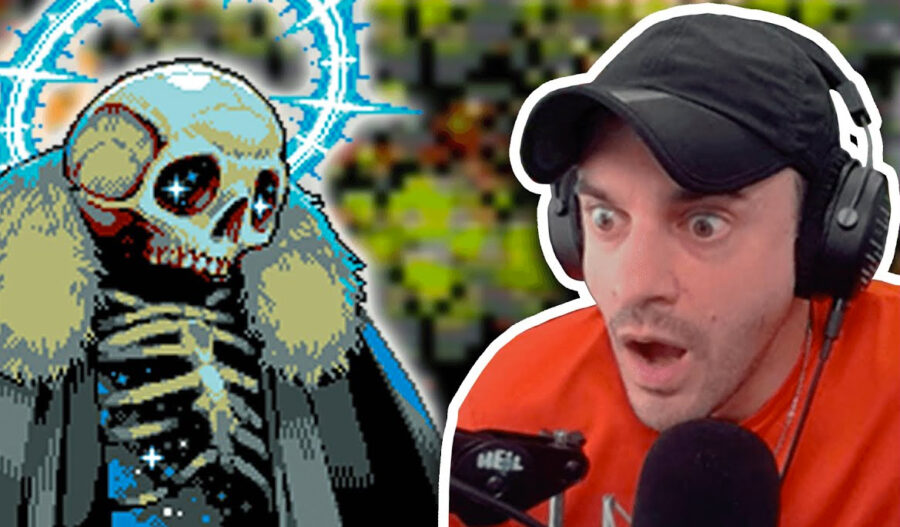A Massive Wave Of DMCA Takedown Notices Are Shutting Down Twitch Streamers Everywhere
Twitch users are concurrently up in arms over a series of copyright strikes imposed practically overnight.
This article is more than 2 years old

Twitch users are concurrently up in arms over a series of copyright strikes imposed practically overnight. The target? All recorded VODs containing segments of proprietary music playing in the background. Music publishers sent Twitch over a thousand takedown notices en masse, according to an email from site administrators. The claims singled out both past and present VODs playing DMCA-protected content, leaving the platform with no option but to issue millions of affected streamers three copyright strikes all at once, resulting in a widespread ban.
Twitch users contested the DMCA’s right to deal out indefinite moratoriums in the absence of a preliminary warning, especially concerning VODs streamers can no longer even access. Why penalize videos users can’t delete or otherwise do anything about? Twitch counts itself equally disappointed and has already reached out to music labels and all related parties for comment. The platform is hoping to arrive at a reasonable arrangement that allows Twitch streamers to continue playing music while still abiding by DMCA laws. As of this writing, Twitch has yet to circulate an update on social media.
This isn’t the first time music publishers have taken advantage of Twitch’s three-strike system to precipitate large-scale suspensions. The last time was a little over a year ago. The World Intellectual Property Organization is a United Nations-sanctioned international agency responsible for preserving intellectual property rights worldwide. It aims to resolve any manner of IP disputes by strict adherence to treaties implemented since its conception in 1967. Geneva ratified two treaties in 1996 that shaped intellectual property as it exists today: the WIPO Copyright Treaty and the WIPO Performances and Phonograms Treaty.
These two laws provide the basis for the Digital Millennium Copyright Act or DMCA, basically the United States government’s attempt at complying with United Nations IP protocol. It was enacted by the U.S. Congress in 1998 and despite its localized roots, continues to influence music ownership all the way into the information age. Music labels expect third-party websites like Twitch and YouTube to observe DMCA protection laws when regulating audio.
The DMCA notifications mark the second time streamers have had to address problematic management since Twitch allowed bots to engender fake engagement. The site admin did eventually crack down on view-botting and follow-botting, but at the cost of substantial range and potentially several thousand legitimate accounts. Social media algorithms aren’t exactly foolproof, and have made mistakes in the past. With DMCA claims posing an entirely new threat to Internet streaming, Twitch users are considering following in Minecraft streamer Tubbo’s footsteps and relocating to Facebook Gaming for the time being, depending on how Twitch bigwigs plan on handling the current fiasco.
Whether deliberate or accidental, online censorship has been a persistent nag to content creators just hoping to make an easy buck doing what they love and do best. The rise of fake news led to increased vigilance among social media websites, but algorithms aren’t perfect and have caused more false takedowns than defensible ones. Music labels in particular have been iffy about digital distribution of trademarked songs since Napster and all related file-sharing sites made broadcasting easier. DMCA takedown notices are a staple of Internet culture these days and unfortunately for backers of fair use content, aren’t likely to go away soon.












